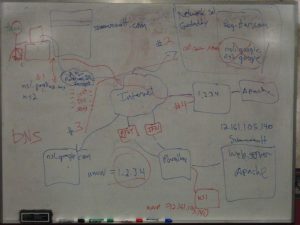In every organizational conversation, there's some process for setting the agenda of what the conversation will be about, and how it will be conducted. Usually there's a subset of the organization's members who set that agenda - sometimes just a single person - shaping the issues and decisions that the organization takes on.
In a non-profit organization board meeting, it might be the Executive Committee or the board chair.
In a small business, it might be the business's owners or managers.
In a city council meeting, it might be the President of the council or the group's political majority.
In a community of faith, it might be church elders.
Sometimes we forget the power that the agenda setters can have. We focus on the outcomes of the conversations that we do have, but we forget or overlook that some conversations aren't conducted in the first place.




